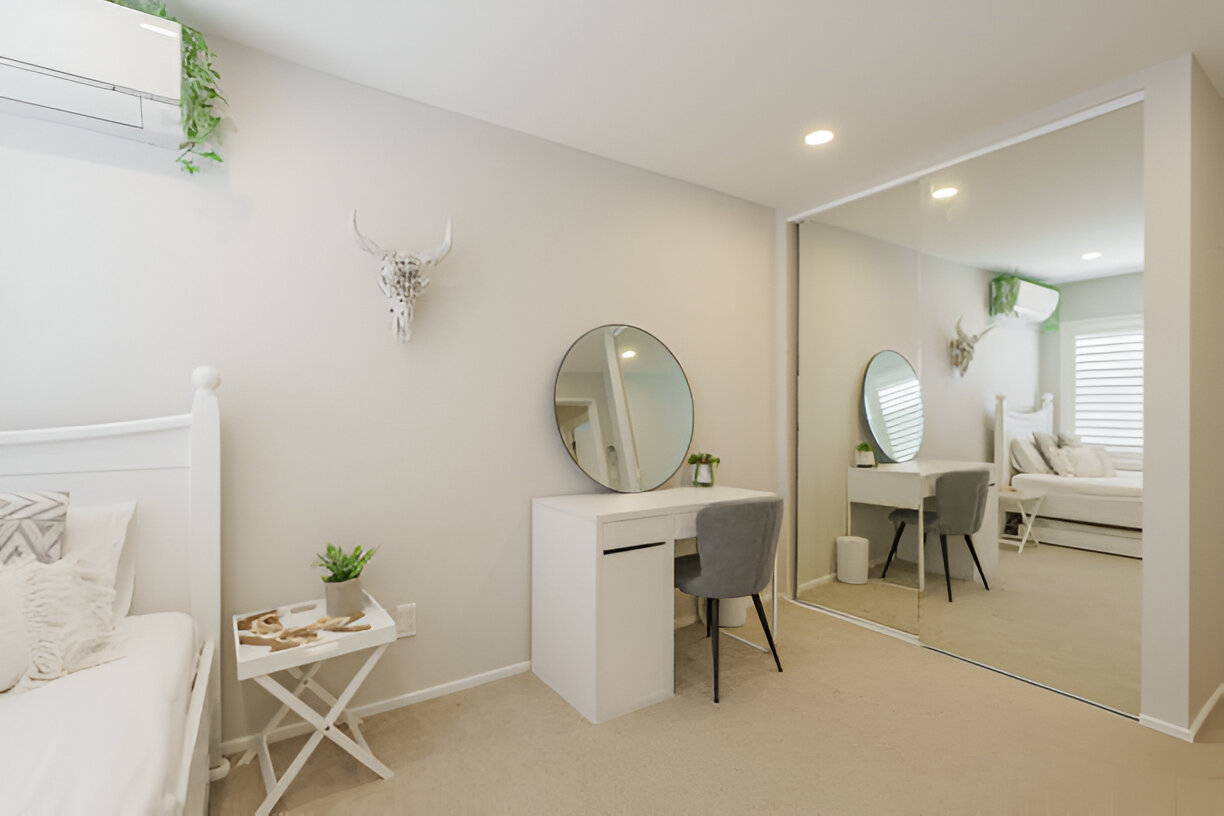Every homeowner with a split air conditioning system can relate to that sinking feeling when something seems off. Is your unit not cooling as efficiently as before? Are there strange noises interrupting your peace, or is there a persistent musty smell lingering in your space? Is it time to make another call to the repair service? In this article, we’ll delve into the most common split system repair problems, their potential causes, and ways to address them to keep your unit running smoothly all year round.
The right knowledge about your air conditioner can save you time, money, and headaches. By understanding how your split system operates and recognizing early signs of trouble, you can often tackle minor issues before they evolve into costly repairs or replacements. To help you navigate the nuances of air conditioner maintenance, we’ll take a closer look at the common snags that plague these units.
From refrigerant leaks to thermostat troubles, we’ll help you unravel the mysteries of your split system. With a little guidance, you can turn down the temperature on your air conditioning concerns.
What are the Common Split System Problems?
Split air conditioners are susceptible to wear and tear, just like any other household item. Over time, they can develop a range of issues that impact their performance and efficiency. If you notice signs of trouble, don’t delay—get fast & reliable split system repairs now to keep your unit running smoothly and your home comfortable. Let’s examine a few of the most common issues:
- Refrigerant Leaks: The vital component of your air conditioning system is refrigerant. If your unit is not cooling effectively, a refrigerant leak could be the culprit. These leaks can occur at various points in the system and compromise its performance. Low refrigerant levels force the unit to work harder, resulting in reduced efficiency and higher energy bills.
- Faulty Thermostats: A thermostat that isn’t functioning properly can cause your split system to behave erratically. Whether it’s failing to maintain the desired temperature or shutting off unexpectedly, a malfunctioning thermostat can disrupt your comfort and waste energy.
- Sensor Issues: Split systems rely on sensors located near the evaporator coil to regulate the temperature and airflow. Uneven or ineffective cooling may result from a damaged or misaligned sensor.
- Dirty Air Filters: Clogged or dirty air filters restrict airflow, forcing your unit to work harder and reducing its efficiency. Uneven cooling, higher energy usage, and even harm to other parts may result from this.
- Electrical Failures: Loose or corroded electrical connections can cause your unit to malfunction or shut down entirely. Over time, wear on these connections can lead to complete system failure if not addressed.
How Can You Fix These Issues?
While regular maintenance can help prevent many problems, repairs are sometimes unavoidable. Here’s how to address common issues:
- Refrigerant Leaks: Refrigerant leaks require professional attention. A qualified technician will locate the leak, repair it, and recharge the system with the appropriate amount of refrigerant to restore its efficiency.
- Faulty Thermostats: For minor thermostat issues, a simple reset or battery replacement may solve the problem. However, if the thermostat continues to malfunction, it’s best to replace it or seek professional help.
- Sensor Issues: In some cases, repositioning the sensor can resolve the problem. For persistent sensor issues, professional servicing is essential to ensure proper alignment and functioning.
- Dirty Air Filters: Cleaning or replacing air filters regularly can significantly improve your unit’s efficiency and lifespan. Experts recommend cleaning filters every one to three months, depending on usage.
- Electrical Failures: Electrical issues are best left to professionals due to the risks involved. Technicians can safely inspect and repair faulty wiring or connections, ensuring the system operates reliably.
Why Is Regular Maintenance Crucial?
Preventive maintenance is the cornerstone of a well-functioning split system. Regular inspections and servicing can:
- Identify and resolve small issues before they escalate.
- Enhance the efficiency and performance of your unit.
- Prolong the lifespan of your system.
- Ensure safety by addressing potential hazards like refrigerant leaks or electrical faults.
In addition to saving money, scheduling routine maintenance helps you minimize the annoyance of unplanned breakdowns.
When Should You Call a Professional Technician?
While minor issues like cleaning air filters or repositioning a sensor can often be handled on your own, some situations warrant professional expertise. The following are indicators that a technician should be called:
Persistent strange noises, such as banging or hissing.
- A noticeable drop in cooling performance or airflow.
- Unusually high energy bills despite normal usage.
- Strange odors, such as musty or burning smells.
Delaying professional repairs can exacerbate problems, potentially leading to more extensive damage and higher costs.
What Are the Pros and Cons of Split System Units?
Despite occasional maintenance needs, split systems offer several advantages:
Pros
- Easy installation compared to centralized systems.
- Energy efficiency and cost savings.
- Zone control for personalized comfort in different areas of your home.
Cons
- Higher initial installation cost.
- Requires regular maintenance for optimal performance.
- May develop issues more frequently than simpler systems.
By understanding these pros and cons, you can make informed decisions about maintaining and repairing your unit.
Conclusion
Rather than viewing your split system as a source of frustration, think of it as an essential ally in maintaining your home’s comfort. With proper care and regular maintenance, your unit will keep your space cool and comfortable for years to come.
Knowledge is power, and being informed about potential issues and fixes equips you to address problems effectively. Remember, while DIY solutions can handle minor hiccups, professional technicians are indispensable for diagnosing and resolving complex issues.
Taking a proactive approach to split system maintenance will save you money, extend the life of your unit, and ensure you enjoy a consistently comfortable home. So, don’t let your air conditioning woes get the better of you—stay cool, stay informed, and call in the pros when needed!

